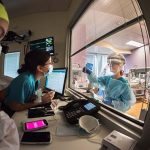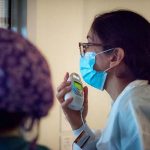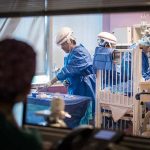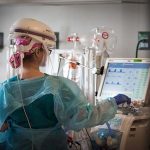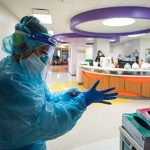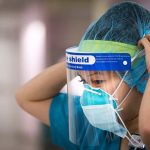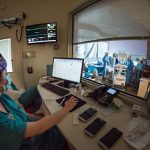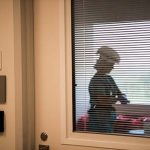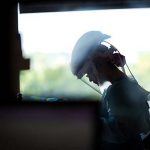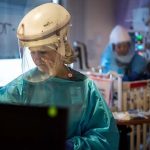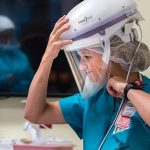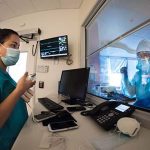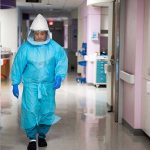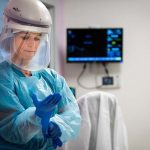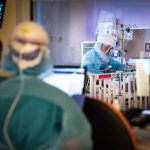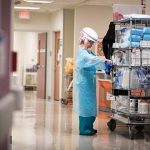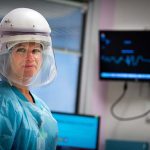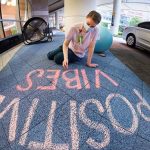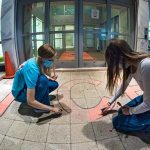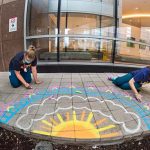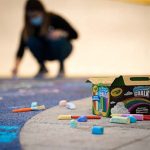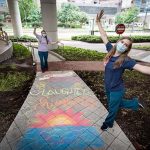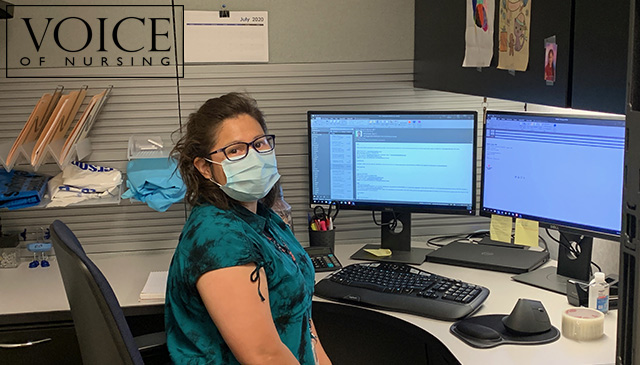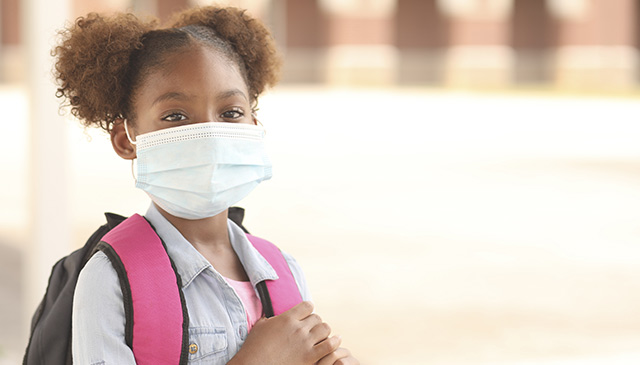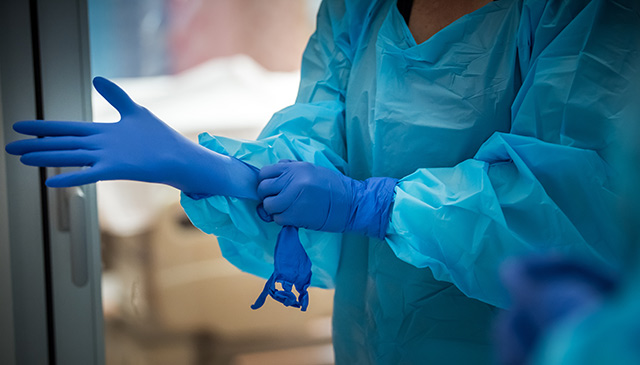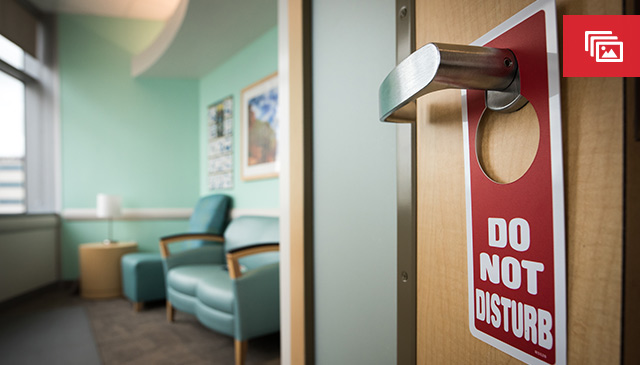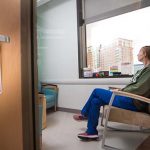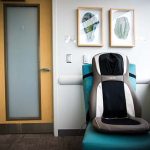Five years ago, Texas Children’s Special Isolation Unit (SIU) opened at Texas Children’s Hospital West Campus to provide safe, effective care to patients with highly contagious infectious diseases. The decision to build the SIU came shortly after an unprecedented Ebola outbreak, resulting in the realization that Texas Children’s must always be prepared as an organization to handle any emerging infections that come our way.
Texas Children’s Special Isolation Unit at West Campus – the only one of its kind in Texas and among only a few in the United States – allows our teams to treat pediatric patients who are infected with highly contagious diseases in a state-of-the-art environment. The SIU is fully equipped with all of the latest scientific and technological approaches to biocontainment to assure the safety of the health care team, other patients and their families. The types of highly contagious pathogens that can be treated in the SIU include Ebola, influenza, measles and respiratory illnesses like MERS, SARS and RSV. Today, as many health care organizations face another global health pandemic, the SIU team at West Campus has been busy over the last several months providing care to COVID-19 adult and pediatric patients.
“As a virologist, I always thought in the back of my mind that we would possibly face a pandemic one day whether it be avian influenza or another coronavirus like SARS or MERS,” said Dr. Amy Arrington, medical director of the SIU at West Campus. “But I think until you’re really in that moment, it’s hard to imagine what responding to a pandemic like COVID-19 would be like for our team and the organization.”
Housed on the fifth floor of West Campus, the SIU has eight dedicated beds and up to 18 overflow beds on the fourth and fifth floors to care for COVID-19 patients, with the potential of expanding bed capacity as the need arises. The SIU is activated when patients meet a specific criteria, and in this case, are COVID-19 positive.
“We have nurses and doctors embedded in many clinical areas across our campuses who serve as clinician reservists on standby,” said Denise Tanner-Brown, Assistant Vice President of Nursing of Community and Ambulatory Nursing. “Once we activate them, they are pulled out of their home clinical areas to support the SIU.”
Since the pandemic began in early March, the West Campus SIU has been activated 12 times. The last time the SIU was activated was on May 30 and has remained open since then. As of July 31, 184 patients have been admitted to the SIU and 75 of those patients were admitted in June. West Campus has had 13 COVID-19 positive adult patients admitted to the SIU since it started taking care of adult COVID-19 patients on June 24. In May and June, the SIU saw a 48 percent increase in the average daily census.
Tanner-Brown says the SIU is on the downswing compared to previous months. Texas Children’s has seen a recent decline in COVID-19 admissions which demonstrate that masking protocols are working to curb the spread of the virus. However, the SIU team remains ready to care for increased patient volumes if warranted.
“When we began accepting adult patients in our SIU on June 24, we were a little worried about how they would perceive us as they came into a pediatric hospital setting for care,” Tanner-Brown said. “They have been more than grateful and extremely appreciative of our willingness to take good care of them.”
Since many of the adults who have COVID-19 or who required admission had some underlying disease presence, the SIU team collaborated with education coordinators from Houston Methodist West who provided guidance on general and COVID-19 specific care to ensure the best outcomes for these patients.
View a photo gallery of inside the SIU at West Campus below.
Preparing for a potential second wave
While some school districts are reopening campuses and others are sticking to virtual learning at least for the time being, Texas Children’s is ready and prepared to respond if the Houston area experiences another surge in COVID-19 cases after school starts and into the fall months during flu season.
“We are always in a constant state of readiness and we are not letting our guard down especially with the mounting uncertainty surrounding this unprecedented pandemic,” said Tanner-Brown. “As patient volumes decrease, we have a deactivation strategy where we can temporarily close down units. But we also have an activation strategy in place where we can turn it back on really quickly should the situation change. In general, many people are getting COVID fatigue, and may not feel the need to continue practicing social distancing or taking other safety precautions, so I anticipate that we may see more new cases emerge.”
For the 70 days and counting that the SIU at West Campus has been activated, the recent milestones achieved would not have been possible without the 100 percent collaboration from our team members across the system.
“I think as an organization, we have just really stepped up to the plate to provide good quality and safe care for these patients and our staff,” said Arrington. “It takes a huge village to put this together and to carry this out day after day. And it’s exhausting work, but it is work that is incredibly rewarding too.”


